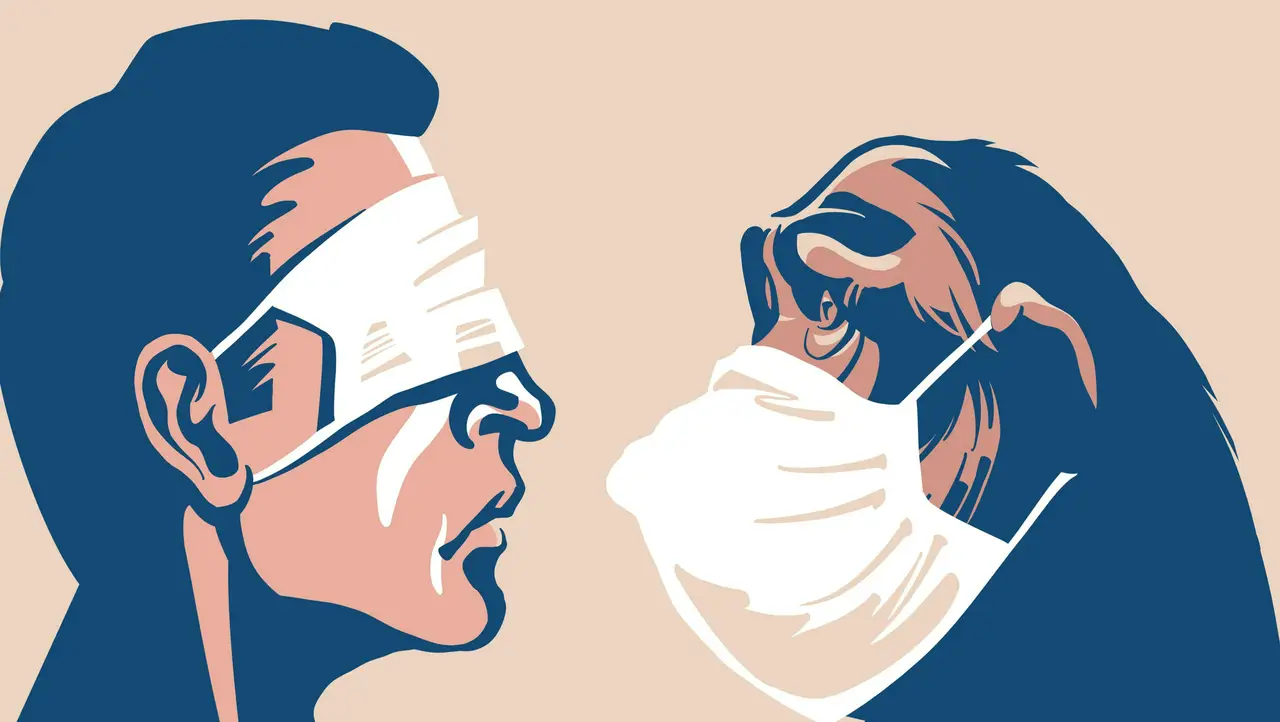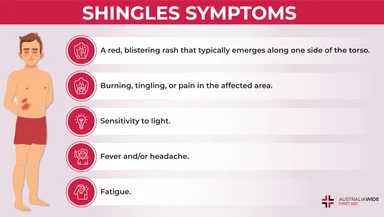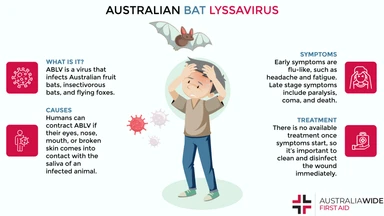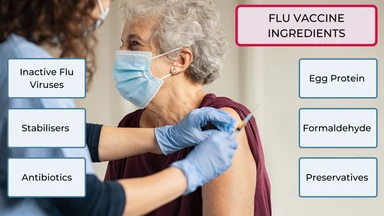What is Monkeypox and Should you be Worried?


Monkeypox is a rare disease that is caused by the monkeypox virus.
Though monkeypox is only endemic to Africa, and does not typically spread between humans with ease, more than 100 cases have now been confirmed in Europe, North America, Israel, and Australia.
Considering monkeypox has a similar fatality rate to COVID-19, it is vital that we understand the current monkeypox outbreak and how it can be curtailed.
Monkeypox is a rare disease that is caused by the monkeypox virus. Like the smallpox virus, the monkeypox virus belongs to the Orthopoxvirus genus, of which vertebrates and arthropods are natural hosts.
Though smallpox only infected humans, monkeypox is an animal virus that occasionally infects humans after they are bitten or scratched by a monkey or other infected animal. Monkeypox can then spread between humans via respiratory transmission, or by direct contact with an infected person, their skin lesions, or their clothes and linens. In saying that, studies have found that monkeypox does not spread easily between humans, and it typically only occurs in close contacts.
Monkeypox has a long incubation period, and infection starts approximately one to two weeks after exposure. Symptoms of monkeypox include fever, headache, muscle ache, and swelling of the lymph nodes. The tell-tale pox or skin lesions usually emerge on the face, hands, and feet one to three days after the fever commences.
Monkeypox was first identified in humans in 1970 in the Democratic Republic of Congo (DRC), where it re-emerged and has been causing large outbreaks since 2017.
Scientists are not sure why monkeypox cases are becoming more common. They have suggested that it could be related to the waning immunity of smallpox vaccinations, as the vaccine against smallpox also protects against monkeypox. Most mass vaccination programs for smallpox ceased in the 1970s, when it was declared an eradicated disease.
However, though monkeypox has been travelling from Nigeria and the DRC to the UK, Singapore, Israel, and other countries since 2017, this is the first time there has been travel-related spread from outside of Africa. Likewise, unlike previous outbreaks of monkeypox, it is spreading via sexual transmission, and unrelated cases are emerging in different locations, despite the rarity of asymptomatic infection. As such, investigations are being conducted to understand the epidemiologic links between cases in the UK and elsewhere.
Treatment for monkeypox is predominantly supportive, as the infection is mild for most people, and it tends to resolve itself in a matter of weeks. These supportive treatments include rest, good nutrition, and plenty of fluids.
In saying that, pregnant women, children, and people with weaker immune systems may have a greater risk of serious infection.
There is no specific vaccine for monkeypox. However, smallpox vaccines and anti-virals are known to be effective in protecting against monkeypox, and they can be given to contacts pre- and post-exposure. According to Hannah Newman, Director of Epidemiology at Lenox Hill Hospital, "ring vaccination" strategies are currently being used to vaccinate close contacts of confirmed cases and cut off further transmission.
Most scientists agree that the current monkeypox outbreak is unlikely to cause another pandemic akin to COVID-19.
Monkeypox has been documented and studied for over 40 years, and there is already an effective vaccine available in the form of the smallpox vaccine and anti-viral treatments. Likewise, monkeypox does not spread as fast as COVID-19, and its symptoms are much more distinct, which means that infected patients and their close contacts can be identified, isolated, and treated quickly.
In saying that, this current monkeypox outbreak is exhibiting some unfamiliar patterns and behaviour, and it is likely that more cases will be identified over the coming weeks and months. As such, it is still important to monitor, research, and proactively curtail this current monkeypox outbreak to avoid it gaining a foothold.

October 28, 2022
Shingles is a viral infection that can occur in anyone who has had chickenpox. It's most distinct symptom is a painful, blistering rash that occurs on one side of the body. Without prompt treatment, shingles can have life-threatening complications.

August 4, 2022
The Australian Bat Lyssavirus (ABLV) forms part of the same family as the rabies virus. ABLV infects all four species of fruit bats and flying foxes in Australia. In humans, ABLV can cause respiratory difficulties, coma and, in most cases, death.

June 10, 2022
Flu viruses can change their surface structure from one year to the next. As such, new flu vaccines are developed each year. Flu vaccines comprise numerous ingredients that aid their development, purity, and efficacy.